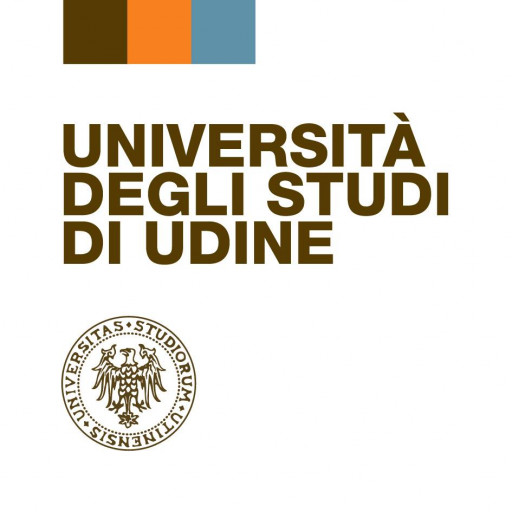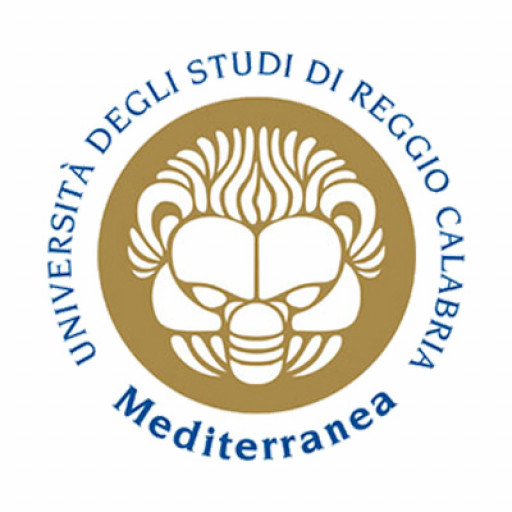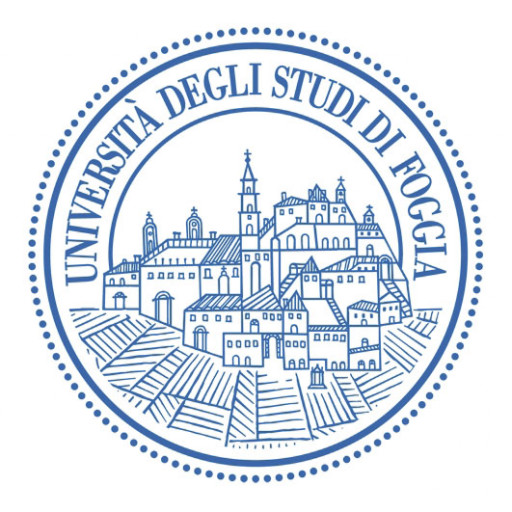Photos of university / #uniofyork
Advertisement
Information Technology is now fundamental in every aspect of our daily lives. IT systems are crucial for delivering every day services such as banking, web based services and information systems.
The MSc Information Technology is a full time, one year taught course, intended for students seeking a professional career in the IT industry. The course covers a range of topics including advanced programming, user-interface design, software engineering and management. The course has been specifically designed to suit the requirements of the IT industry, with graduates entering employment as computer programmers, technical authors and research associates. The course is accredited by the British Computer Society (BCS) allowing successful MSc graduates to obtain exemption (Certificate, Diploma and Diploma Project) from the BCS Professional Examination for five intakes (2004-8 inclusive).
Course Aims
* Programming: A thorough grounding of advanced programming concepts using Java including efficient data structures and algorithms
* User-Interfaces: Theory & Practice of human computer interaction (HCI) including web design and web programming using PHP / MySQL / CSS
* Software Engineering: Principles of software engineering and case studies using UML
Learning Outcomes
We expect our graduates to be capable of designing and implementing IT systems for a wide range organisations. A thorough understanding of the following subjects are expected:
* Designing user interfaces following sound principles of interface design
* Building web enabled databases especially using MySQL/CSS/PHP
* Designing and specifying software components and systems using UML
* Understanding computer architectures and networking
Graduates are expected to be capable of taking up technical or management positions in the IT industry.
Course Modules
The components of the course are listed below:
* Advanced Programming Concepts (Using Java)
* Computer Systems Architecture for IT
* Maths for Information Processing
* Human Computer Interaction
* Software Engineering
* Operating Systems for Information Processing
* Design of Information Systems
* Web Design
* Project Preperation
* Networks and Communications
* Management Systems and Organisations
* Project
Past Projects
Projects undertaken over the past few years include:
* Web Usage Mining: Development of Self-Optimising Navigational Structures
* Wiki Brainstorming and Problems with Wiki Based Collaboration
* Context-aware multi-modal weather forecast system
* Temporal Difference Learning in Shogi
* User-interface for an interactive compiler
* Garden design package
* Heat exchanger simulator
* Satellite communications feasibility study
* Mouth-controlled input device
* Analysis of the relationship between JSD and occam.
Personal Tutor & Tutorial Group
Each student is assigned to a tutorial group (usually containing no more than four or five students), and hence to a personal tutor. Tutorial groups meet on a weekly basis up until the start of the project. The purpose of these meetings is to reinforce the material taught in the formal course units, and also to provide an opportunity for informal discussion of related subjects.
Assessment
Assessment of students' performance in the course modules takes place in a variety of forms: practical exercises, reports, closed examinations and a dissertation for the project. Students are deliberately exposed to a variety of assessment methods so that they are not disadvantaged by background.
Assessment Dates: The assessments take place at various times during the year.
Closed examinations take place in:
* The 1st week of Term 2 (for those courses taught during Term 1) and
* Around the 8th week of Term 3 (for those courses taught during Terms 2 and 3).
Practical exercises, reports and other forms of open assessment are due either during the course module or just after its completion.
Timescales, Modules and Project Descriptions may be subject to change.
Want to improve your English level for admission?
Prepare for the program requirements with English Online by the British Council.
- ✔️ Flexible study schedule
- ✔️ Experienced teachers
- ✔️ Certificate upon completion
📘 Recommended for students with an IELTS level of 6.0 or below.











